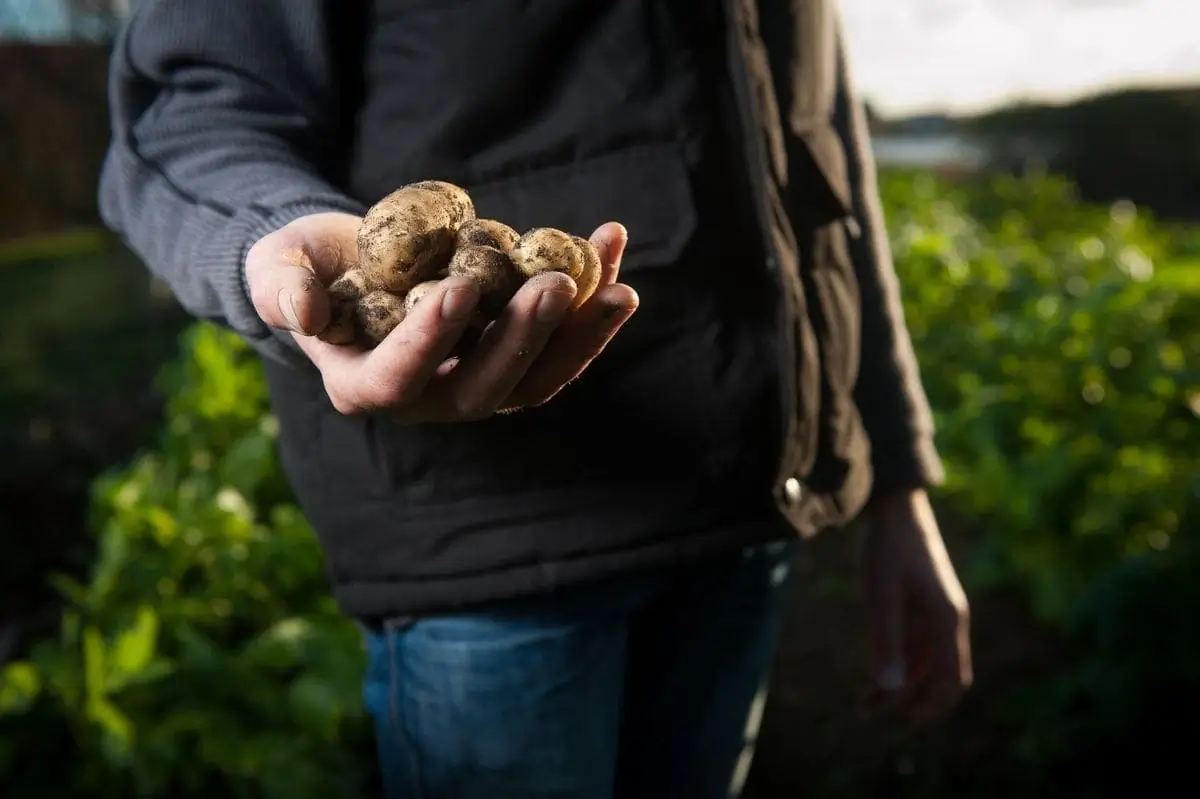Goodrich Cereals Blog
New Book to Guide Potato Research and Development
New Book to Guide Potato Research and Development

www.potatopro.com
Few people are aware that the potato is the third most important global crop in terms of human consumption. It contributes to the food and nutrition security, climate resilience and incomes of millions of resource-poor families across the Global South
However, achieving the potato’s full potential to feed a growing population in a climate-changing world requires research, new technologies and other innovations.
To contribute to that process and share information on some of the latest advances in potato science, two International Potato Center (CIP) scientists edited an extensive compilation of research and expert perspectives in the book: 'The potato crop: its agricultural, nutritional and social contribution to humankind,' recently published by the prestigious publishing house Springer Nature.
The work of over 60 scientists from 25 countries and 23 international research centers, universities, government agencies and industry, the book brings together an array of useful, research-based information on areas ranging from potato’s nutritional contribution to genetics and genetic resources to value chains.
This book reflects the evolution, state of the art and challenges of potato research for development, in both the biophysical and socioeconomic sciences.
It contains a wealth of information that can help scientists, extension workers and potato farmers better understand the current state of potato science and where it is likely to go in the near future. - Oscar Ortiz, CIP Deputy Director General for Research and Development and co-editor of ‘The Potato Crop’
The book consists of 14 chapters organized into four sections covering themes that include the potato’s contribution to global food security, diets, health and incomes; advances in potato biodiversity conservation, breeding and genetics; agronomic concerns such as crop pests, diseases and seed systems; and participatory research and gender considerations. Much of the book addresses needs and challenges in developing countries, where potato farming and consumption are on the rise, and where there are opportunities to significantly improve potato yields and benefits for resource-poor households.
The goal is to make this large and updated body of knowledge freely available to the widest, largest possible audience, including researchers, students, international development professionals and policy makers.
My hope is that this book will inspire more young men and women scientists to focus on the potato and contribute to harnessing its potential to improve lives and help farmers in developing countries adapt to climate change. - Hugo Campos, CIP Research Director and co-editor of the book
He explained that the book has consequently been published as Open Access, thanks to support from the CGIAR Research Program on Roots, Tubers and Bananas. It is thus fully available, free of charge, to anyone interested in this fascinating crop.